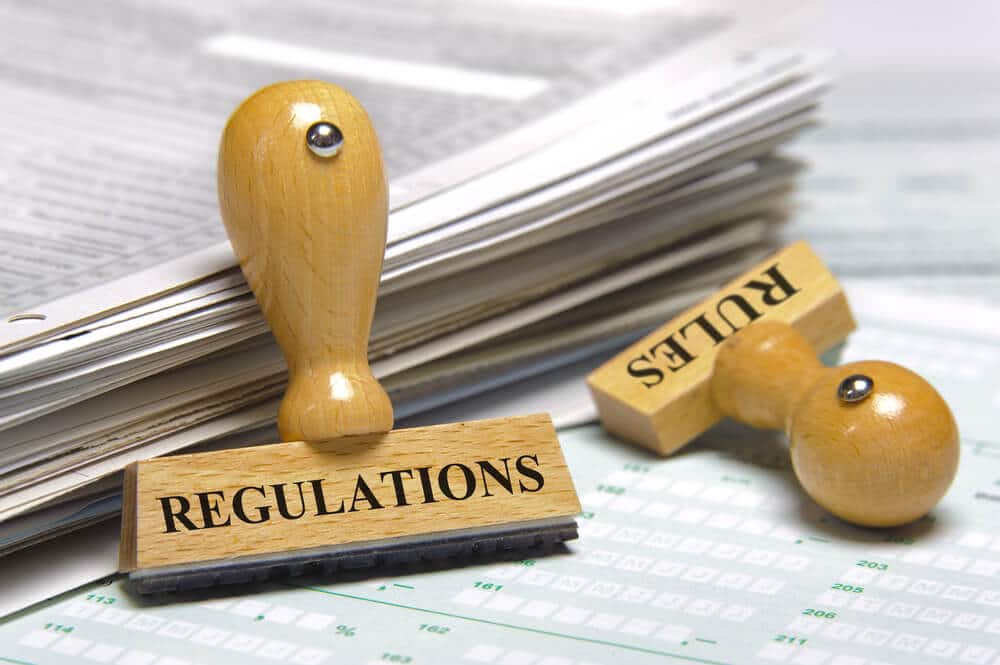Have you ever purchased something from Instagram? We totally know how addicting it could get, we’ve been there. Nowadays, nearly everyone has or knows what Instagram is, the app has gone viral ever since its launch in 2010, and has skyrocketed with the number of users reaching 700 million in April 2017 and Facebook acquiring them for $1 billion in 2012.
But here’s an interesting trend: Instagram is no longer used for people to brag about their latest trip to the Maldives, or to flaunt off their wardrobe to people. It has actually become a source of income for some, where homepreneurs, local artists, and young talents use it connect with potential customers. In fact, India’s Compound Annual Growth Rate (CAGR) of C2C is expected to reach 60-70% by 2020, that’s how powerful e-commerce can get.
Instagram, besides being a fun-social media app, is now used as an e-commerce platform where users display their products, ranging from food, clothing, electronics, beauty products, and much more. Some of these prominent e-commerce accounts include: Glamour Girl, Elegance Female, Kamaliat, The Cookie Jar, Nouf’s Treats and many more.
The significant increase in e-commerce on Instagram means there is no actual limit to who can open an instagram business account since all it takes is an internet connection, a smart device, and demand and supply. However, if Instagram is left open for everyone to conduct their business transactions, then this can cause a number of security and fraudulent issues. Therefore, should there be some sort of regulation that monitors this emerging e-commerce platform, or should it be left free and open?
We at Startup MGZN asked the Bahraini business community on Instagram whether Instagram businesses should be regulated or not. While majority thought it’s actually a great idea, some disagreed with it. Here are some of the community’s views:
- @alifiyarh believes that regulation grants the business credibility and the government should have a minimum charge to register their business, commercially. Wouldn’t minimum charges imposed on a business defeat the purpose of the free market using the internet? We leave it to the audience to let us know. Subsequently, @alifiyarh believes that this that allows those businesses to hire flexi-permit workers, where they can work for a period of time without the need of a professional license. He also adds that basic check-ups of their premises would ensure that these businesses maintain cleanliness and industry standards.
- Dunia Mudara (@duniamudara) believes that through regulation, business owners will take it more seriously and that consumers will be encouraged to spend their money on local businesses. Basically, regulation allows consumers to shop without having to worry about getting their credit card data stolen or receiving a fake item. In addition, government regulators would act quickly to remove threats from the marketplace, providing an extra layer of security to the consumers.
- According to another user, Basma Property Management (@basmapropetiesbahrain), encouraging online based businesses helps in diversifying the economy, since it’s less expensive and requires almost no operational cost. Furthermore, it can reach people in no time, and can allow it to scale up as it gains local and global recognition.
- On the other hand, it can still be argued that a greater regulation on the internet could eventually lead to higher costs and weaken the traffic trends. Hamed Fakhro (fakhro1), mentioned that regulation is actually very harmful, comparing it to “murder” [to businesses of course], and believes that there should only be regulation on the financial transactions to avoid criminal or fraudulent activities when money is involved.
Instagram indeed provided a platform for small entrepreneurs who do not possess the funds to run a physical shop. Those businesses may not survive the taxing fees that will be imposed on them and this will cause their elimination. Furthermore, such costs might discourage entrepreneurial activity on Instagram. Not to mention that free trade creates jobs and incomes and is very straightforward in its nature. Adding legislation and regulations would only stand in the way of the conduct of the simple exchange between the two parties.
On the other hand, the concerns behind unregulated business are completely valid. This is where individuals themselves need to play their part by being proactive and reporting/flagging harmful accounts, in addition to being more selective about the accounts they shop from.
And what about you? Do you think that Instagram based businesses should be regulated? You can voice out your opinion and join the discussion by following @startupmgzn on Instagram, Twitter and Facebook.

